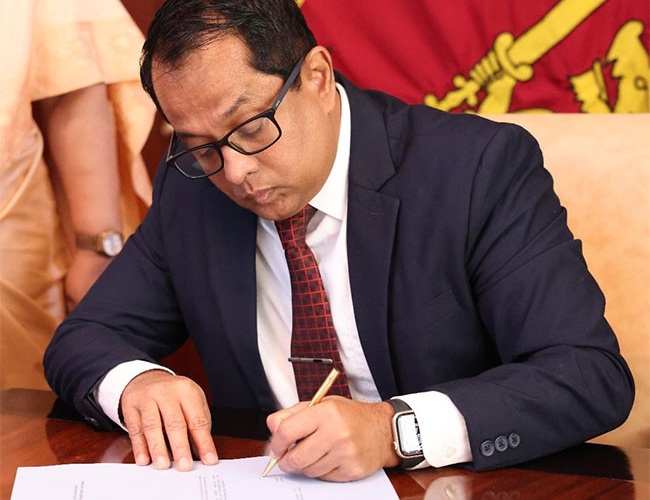The Guardian: Lycamobile, a telecoms company that has given more than £2m to the Conservative party, has been issued with a winding-up petition by HM Revenue and Customs, amid a long-running VAT dispute.
The company, founded by businessman Allirajah Subaskaran in 2006, sells pay-as-you-go sim cards that are popular with low-paid workers wanting to make cheap phone calls to family overseas, as well as in the UK.
While the company generated revenues of more than £145m in 2022, it is now loss-making. Its accounts have repeatedly been filed late and have at times confounded its own auditors.
Successive accounting firms have raised concerns about the opacity of Lycamobile’s books, while the company has also been locked in an eight-year tussle with HMRC over its treatment of VAT on phone “bundles” sold to customers over seven years.
The amount in dispute is £51m, according to a tax tribunal that ruled in favour of HMRC last month. In accounts filed earlier this year, Lycamobile estimated the potential cost to the company at £99m.
A winding-up petition is a formal legal process that creditors can use against a company that owes them money and is unable to pay its debts. HMRC regularly issues such petitions, which can result in assets being forcibly sold, against companies that have not paid their tax bill.
HMRC issued the winding-up petition against Lycamobile UK Ltd on Monday, according to a court filing seen by the Guardian and first reported by City AM. Identical petitions were served against sister companies Lycatel Services Ltd and, a week earlier, against Lycamoney Financial Services Ltd. All are ultimately owned by Subaskaran, a British-Sri Lankan entrepreneur who is Lycamobile’s founder and chair.
Lycamobile was one of the Tory party’s most generous donors between 2011 and 2016, giving more than £2.1m. It also supported Boris Johnson’s successful attempt to become London mayor.
It came under scrutiny in 2015 when an investigation by BuzzFeed revealed that Lycamobile employees were depositing rucksacks full of cash, some containing up to £250,000, at the Post Office.
There is no suggestion of any connection to the VAT dispute and Lycamobile said at the time that its cash deposits were part of “day-to-day” banking sanctioned by the Post Office.
Lycamobile has repeatedly filed its accounts late, putting it at risk of being struck off the corporate register. In 2016, the auditor KPMG said it was unable to account for £134m of assets, citing an arcane corporate structure including offshore entities.
The company’s latest auditor, PKF Littlejohn, said in June that it could not sign off Lycamobile’s accounts because it had “not been able to obtain sufficient appropriate audit evidence to provide a basis for an audit opinion”.
Those results, for the year to the end of December 2022, showed a £24m loss, compared with an £8m profit the previous year.
In the subsequent financial year, for which accounts are not yet available, the company suffered a malware attack that reportedly prevented customers making calls or topping up their accounts.
The Guardian has approached Lycamobile for comment.
HM Revenue and Customs said it could not comment due to rules regarding taxpayer confidentiality.












